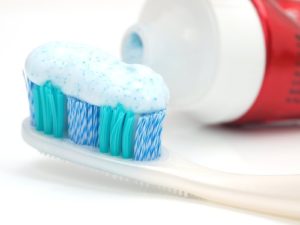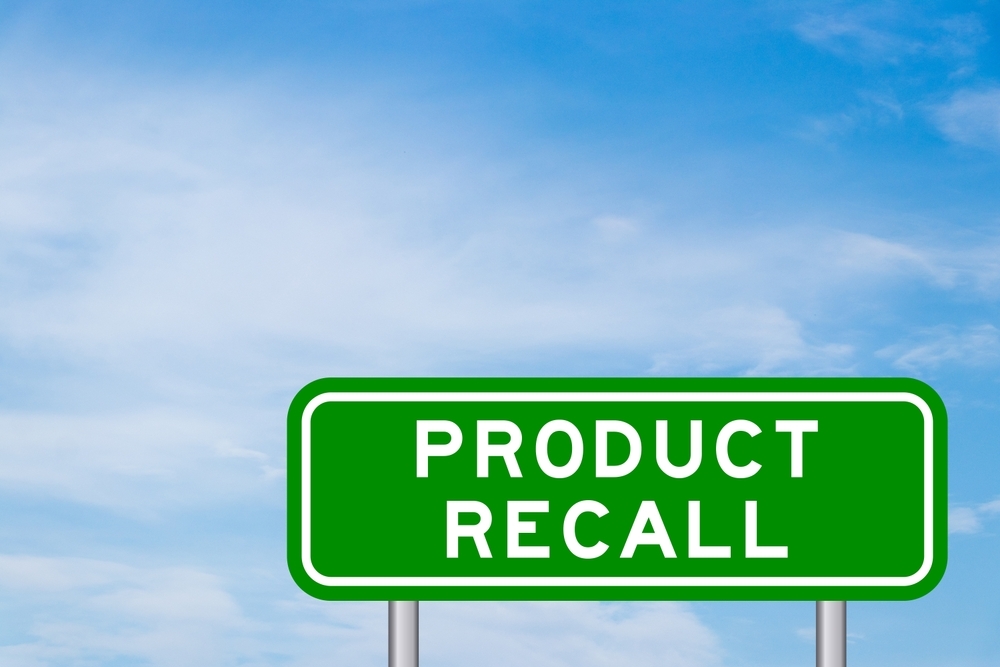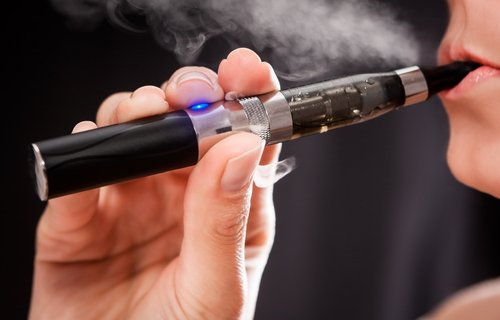 Triclosan – it is the antibacterial ingredient in Colgate’s Total toothpaste. Colgate’s Total is the only toothpaste approved for sale in the United States that contains triclosan. Millions of Americans are putting it in their mouths daily. Total is the No. 3 selling toothpaste in the United States. Its sales were $189.8 million last year. Triclosan is supposed to prevent gum disease. The Food and Drug Administration (“FDA”) approved Colgate’s Total toothpaste in 1997. But based upon recently released documents related to that approval process, triclosan has been linked to reduced fertility in mice, impaired muscle function, and malformed bones in mice and frogs.
Triclosan – it is the antibacterial ingredient in Colgate’s Total toothpaste. Colgate’s Total is the only toothpaste approved for sale in the United States that contains triclosan. Millions of Americans are putting it in their mouths daily. Total is the No. 3 selling toothpaste in the United States. Its sales were $189.8 million last year. Triclosan is supposed to prevent gum disease. The Food and Drug Administration (“FDA”) approved Colgate’s Total toothpaste in 1997. But based upon recently released documents related to that approval process, triclosan has been linked to reduced fertility in mice, impaired muscle function, and malformed bones in mice and frogs.
In 1976, the United States enacted the Toxic Substances Control Act which was intended to comprehensively regulate chemicals in existing substances that had not been safety tested. The law gave the FDA the authority to test substances such as triclosan to ensure that it was safe for the public. Despite the fact that the FDA has that power, it typically does not do independent studies to test the safety and effectiveness of new products. Many consumers are shocked to learn that the FDA relies on company-backed scientific studies (the very companies that are looking to turn a profit on their new products), in making the decision on whether a new product is safe or not.
Like all other companies seeking to release new products regulated by the FDA, Colgate had to go through a “rigorous” process to get FDA approval. Colgate spent 10 years and $38 million developing Total toothpaste. Colgate needed to recoup that investment.
Colgate applied to the FDA 4 times before it was approved in 1997. Colgate’s entire application to the FDA for Total toothpaste was not available to the public until this year. It included 35 pages of toxicology summaries on triclosan which the FDA released in response to a lawsuit over a Freedom of Information Act request. The portions of the application that were not originally released do not contain trade-secrets, but are substantive studies which the FDA relied on in approving Colgate Total toothpaste. Did the FDA get it wrong? Should Colgate’s Total toothpaste still be on the market in light of the new research on triclosan?
Bloomberg three news had scientists review the toxicology summaries and the results were disturbing. In those pages, the scientists found studies that showed fetal bone malformations in mice and rats. The scientists opined that those malformations were a signal that triclosan disrupted the endocrine system and threw off hormonal functioning. Colgate’s Total toothpaste was approved 17 years ago. At that time most studies focused on the belief that the bigger the dose of the “poison”, the greater the impact on the endocrine system. The focus was on the size of the dose. Recent studies have shown that even minute amounts of certain chemicals can have a significant impact on hormone functions. Scientists now believe that the size of the dose is not the main issue when looking at a chemical’s impact.
The FDA has stated that it reviews all new safety information to determine whether reassessment is necessary, but has not reassessed triclosan in toothpaste.
Procter & Gamble, the maker of Crest, stated that its products are trisclosan-free. GlaxoSmithKline, maker of Aquafresh and Sensodyne, reformulated all of its oral care products to make them triclosan-free. Colgate has not announced any plans to reformulate Total toothpaste. Colgate continues to tout its FDA approval for Total toothpaste and according to its website Colgate claims that, “Total toothpaste users can be fully confident in the safety of [its] toothpaste…”
If you or a loved one has been injured by an unsafe product learn about your legal rights from an experienced attorney by filling out our free, no obligation case review form.
Free Case Evaluation
More About HHK
Other Product Liability News
Billions of consumer products are manufactured every year. Unfortunately, mistakes […]
Over the years, Americans have seen many high-profile product liability […]
Summer is around the corner, and countless people will soon […]
Is the recall of 29 million dressers, a $50 million […]
E-Cigarettes have become very popular as an alternative to smoking. […]







